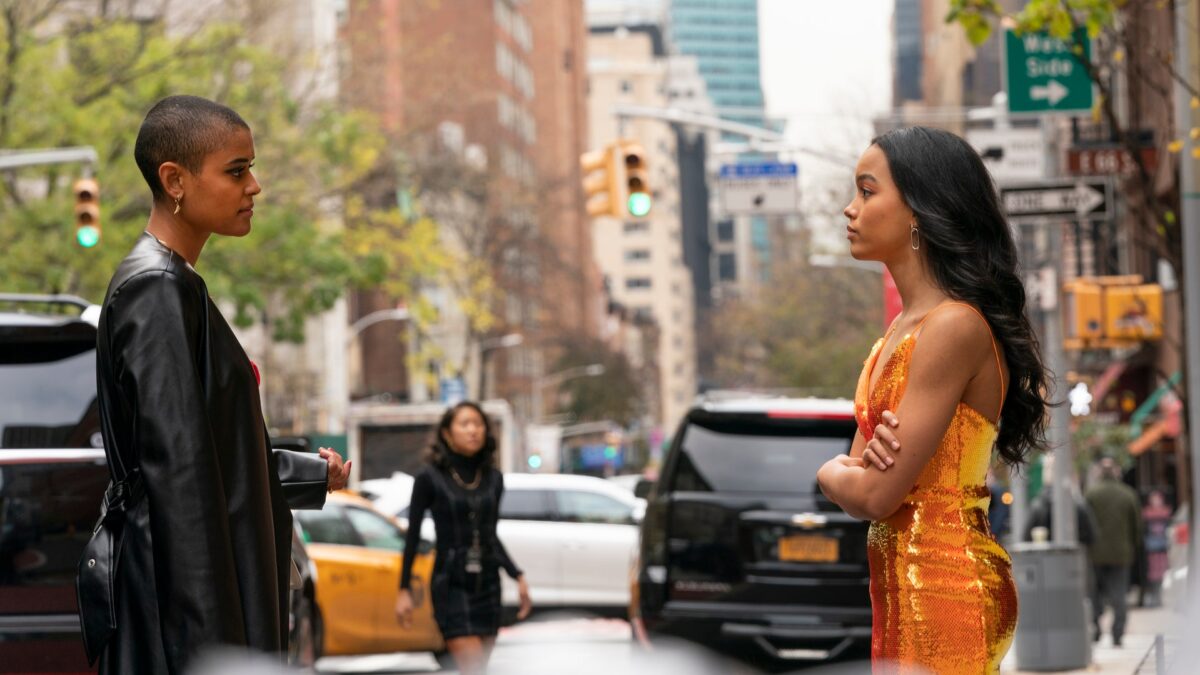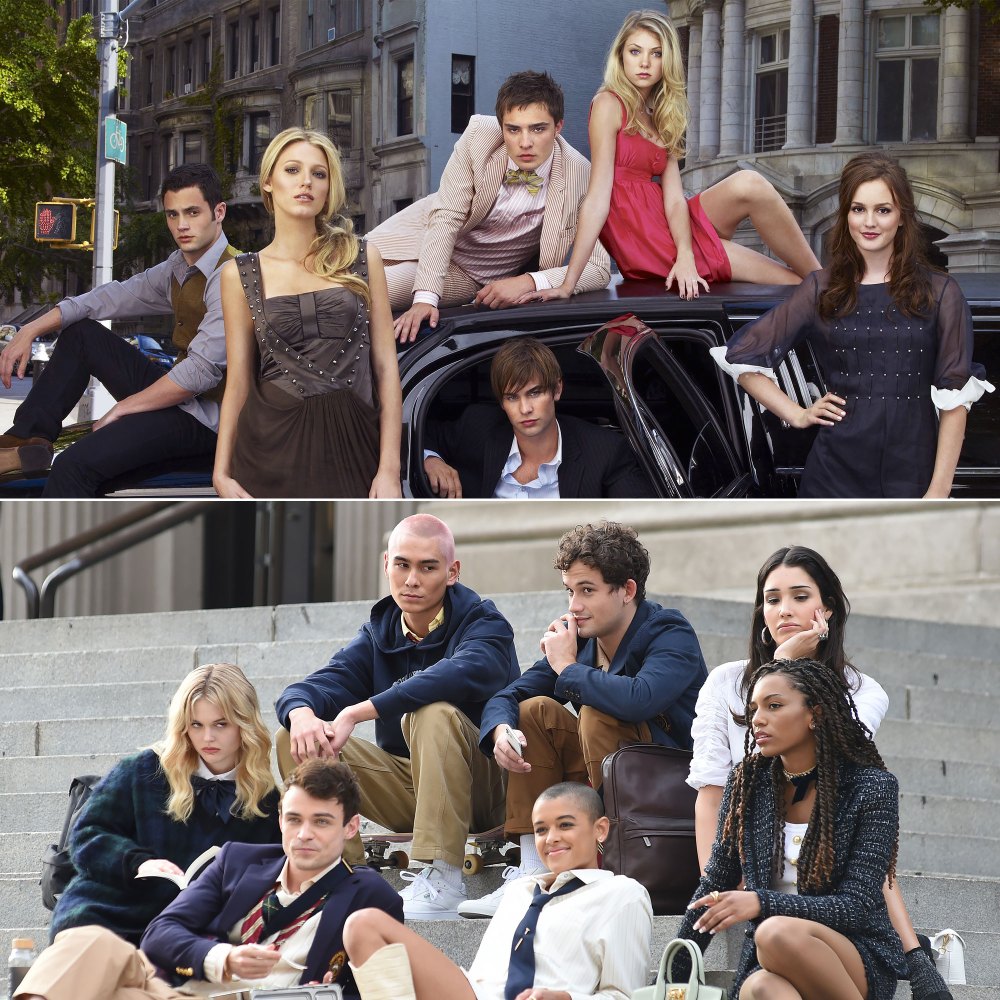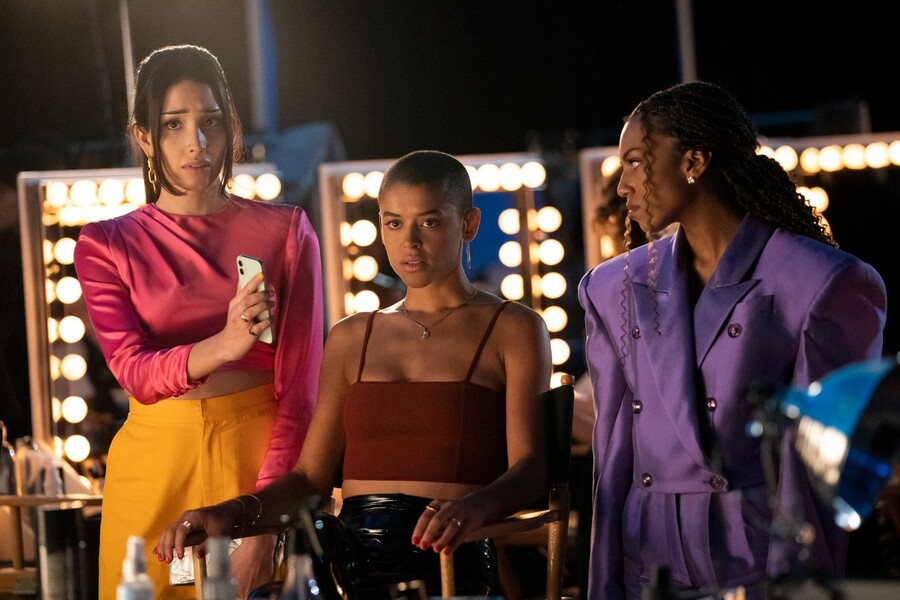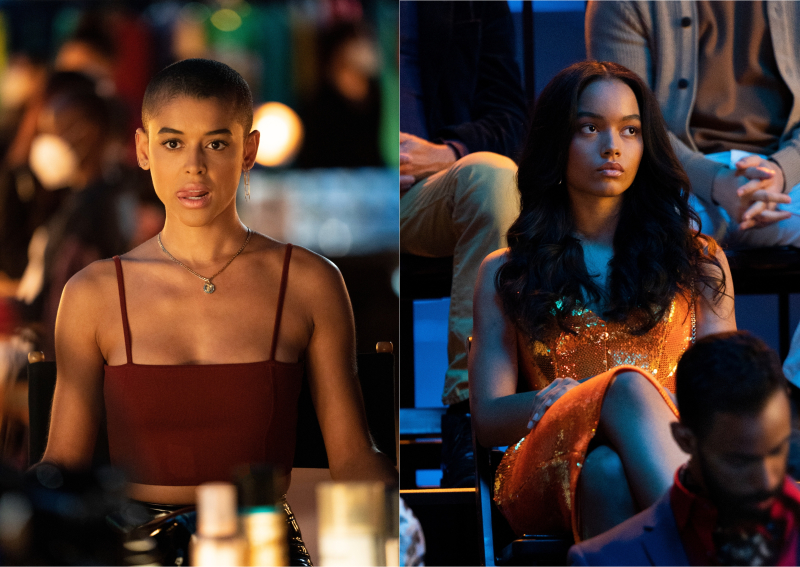As someone who grew up with the original Gossip Girl, I’ll admit I was pretty excited to hear that a reboot was going to kick off. When the early press and promotional images were released, however, the thing that struck me the most was how different the series was shaping up, visually. Not the setting or the environment – that’s all the same – but the cast, to my surprise, was distinctly less white.
On one hand, I was excited to see the series evolve with the next generation into a world where racial diversity isn’t a storyline, it just happens to exist. On the other hand, I was nervous that the series would default to the same tropes of other socially conscious stories, deferring to themes rooted in race and politics.
Fortunately, the characters in the new Gossip Girl authentically portray the Gen Z brand of social consciousness, making the plot less about identity and more about relationships, despite the obvious on-screen diversity. By doing so, the series manages to highlight what might be the final frontier of diversity, equity and inclusion: the wealth gap.

What Is the New Gossip Girl About?
Eight years after the original website went dark, a new generation of New York private school teens are introduced to the social surveillance of Gossip Girl. The prestige series aims to address just how much social media – and the landscape of New York itself – has changed in the intervening years.
As of now, the story focuses on two half-sisters who have secretly been in contact with one another. One sister, Julien, seems to have had a long history at Constance Billard, while Zoya, the other sister, starts new at the school on a scholarship. Drama ensues upon her arrival, and given we’re just two episodes in so far, who knows what else will unfold.
Refreshing Disregard for Race
The original Gossip Girl focused on a fantastic cast of six students, and they all happened to be white. Contrast that with the latest incarnation which focuses on a broader ensemble of eight students, five of whom are people of color (Julien, Zoya, Akeno, Monet and Luna). With so much racial diversity in front of the camera, you would expect race to play a bigger role in this series. As of now, however, it has yet to come up.
You might be interested in: How to Diversify On-Screen Talent for TV and Film
Some might say that’s a missed opportunity, but I’d say we already have plenty of content that deliberately focuses on race relations. By keeping race in the background rather than the foreground, Gossip Girl reminds us that people of color exist and belong in every aspect of society, including in places of privilege.

The Upper East Side Looks a Little Less Straight
Racial diversity is easy to see, but less obvious is the LGBTQ+ representation, at least until you watch an episode or two of the reboot. The flirtatious Max Wolfe is a bit of a hedonist and has no qualms unabashedly pursuing both men and women. Akeno is currently in a straight relationship with Audrey, but by episode two, we think he and Max may have a situation. Monet de Haan, Julien’s power-hungry social media manager, happens to be a lesbian. And Luna, a stylist from Mexico, is played by Zión Moreno, a transgender woman.
You might be interested in: What Netflix’s Disclosure Teaches Us About Trans Representation in the Media
The magic in all of this is that in most cases, there is no coming out story. There is no big reveal. The sexual orientations and gender identities of the cast and characters are just attributes, as natural as the color of your hair. By presenting the cast and characters in this way, Gossip Girl helps advance LGBTQ+ representation, both in terms of character writing, and in terms of casting diverse talent.

But Beyond Race and Sexuality, Wealth Still Divides
In a world where race, sexual orientation, and gender identity are seemingly non-issues, you would think we’d arrived in a utopia, right? The irony in all of this is that in the world of Gossip Girl, where the elite transcend identity politics, the matter of wealth still remains a point of contention. Zoya’s middle-class origins place her firmly on the outskirts of the Upper East Side, despite the theatrics that her upper-class peers go through to help those with less privilege.

This is a prime example of when art imitates life. As a society, it’s easy to host charity galas and silent auctions to fundraise for a special cause, and to feel good and have fun while you’re doing it. But when something shows up at your doorstep looking for help, and you’re surprised that you can’t throw money at the problem to make it go away, it’s a lot easier to destroy it, or to turn a blind eye and ignore it, not unlike our protagonist Zoya.
This is a particularly delicate social nuance, and especially relevant in today’s world as the wealth gap continues to expand and divide. The topic of wealth disparity is easy to overlook in television and film, so I’m excited to see the new Gossip Girl tackle it directly, especially with a cast that already champions inclusion in so many ways.
